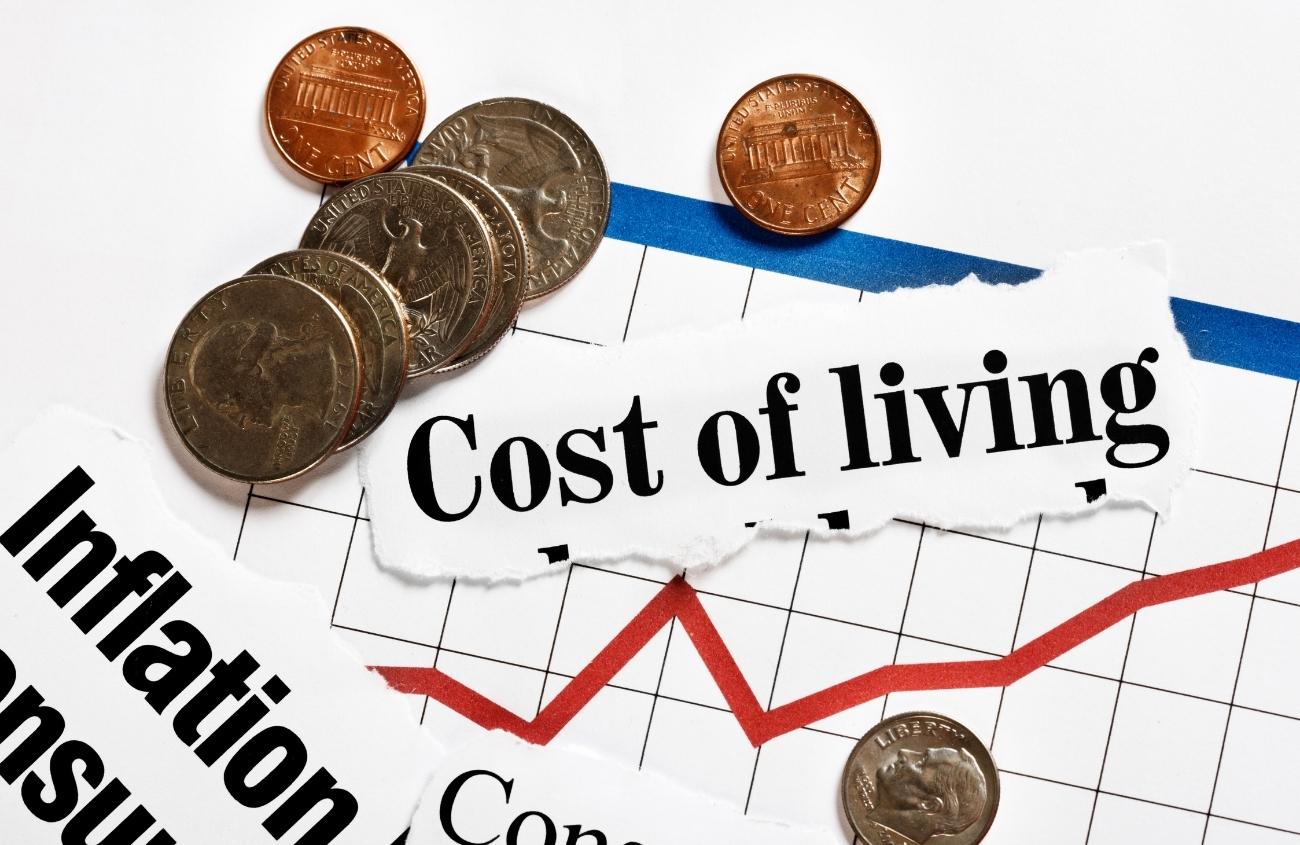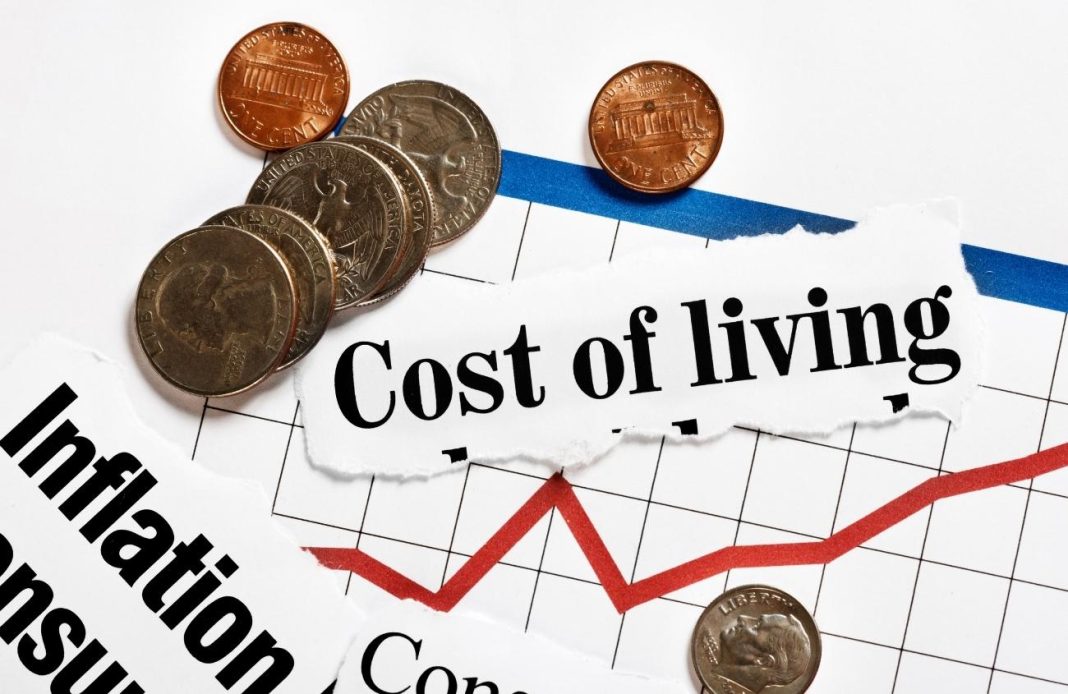 The Rising Cost of Home Ownership in the UK
The Rising Cost of Home Ownership in the UK
Introduction:
Many Britons are finding it increasingly difficult to purchase a home due to the high costs associated with mortgage repayments. Not only are potential buyers struggling to save up for a deposit, but they also face the challenge of meeting the income requirements necessary to secure a mortgage. The regional differences in property prices further complicate the situation, with individuals in Wales, northern England, and Scotland facing different challenges compared to those in London. In this article, we will explore the factors contributing to the affordability crisis in the UK housing market and discuss potential solutions.
The Increasing Income Requirements:
According to property website Zoopla, the average income needed by first-time buyers in the UK has reached £60,600, an increase of £14,900 compared to five years ago. This figure is £2,400 higher than just a year ago. These calculations are based on the assumption that buyers would be offering a 20 percent deposit and borrowing 3.3 times their income as a mortgage. With the average asking price for a home in the UK standing at £250,000, it is clear that many potential buyers are struggling to meet these requirements.
Regional Differences in Affordability:
The regional variations in property prices exacerbate the affordability challenge for potential buyers. In London, for example, buyers looking to enter the property market need to have a household income of £103,000 in order to afford the average asking price of £425,000. In areas such as Kensington and Chelsea, where the average asking price is as high as £800,000, households need to earn over £190,000. On the other hand, buyers in Wales, northern England, and Scotland have relatively lower income requirements due to lower property prices.
The Impact of Rising Deposits:
Another significant factor contributing to the affordability crisis is the rising cost of deposits. The Building Societies Association (BSA) reports that the average deposit required has increased by 160 percent since 2005, with first-time buyers now needing an average deposit of around £60,000. This substantial increase puts homeownership out of reach for many individuals and has led to widespread concern among the public. According to a BSA report, more than half of people believe that the deposit required to buy a home is too high.
Challenges Beyond Costs:
In addition to financial constraints, potential buyers face other challenges that hinder their ability to purchase a home. One such challenge is the “parent trap,” where families rely on living near their children’s grandparents for childcare support. Zoopla found that 44 percent of families are unable to move to a bigger home due to affordability issues within proximity to grandparents. These limitations further restrict the options available to potential buyers and contribute to the overall struggle of entering the housing market.
Interest Rates and Political Manifestos:
The recent decision by the Bank of England’s Monetary Policy Committee (MPC) to hold interest rates at 5.25 percent will not provide immediate relief for homeowners struggling with mortgage repayments. Economists estimate that any potential rate cuts will not occur until August at the earliest. This news is disappointing for those hoping for a decrease in monthly mortgage payments. However, ahead of the general election, all major political parties have recognized the challenges faced by homebuyers and have pledged to address them. The Conservatives, Labour, and the Liberal Democrats have all committed to building at least 1.5 million new homes over the next Parliament, as well as implementing reforms to the rental and leasehold systems.
Conclusion:
The rising cost of home ownership in the UK presents a significant barrier for many potential buyers. High income requirements, escalating property prices, and increasing deposits make it increasingly difficult for individuals to enter the housing market. Regional disparities further complicate the issue, with London experiencing the highest affordability challenges. While political parties have acknowledged the struggles faced by homebuyers and proposed solutions, it remains to be seen whether these plans will effectively address the affordability crisis. As the housing market continues to evolve, it is crucial for policymakers and industry experts to find sustainable solutions that promote accessibility and affordability for all individuals aspiring to own a home.


